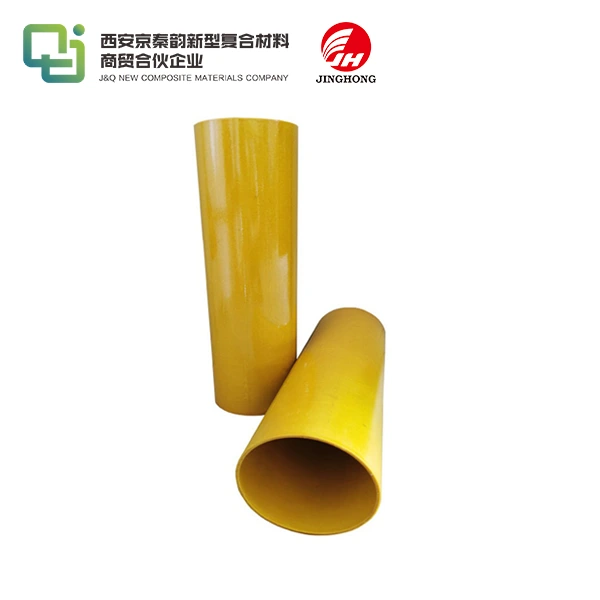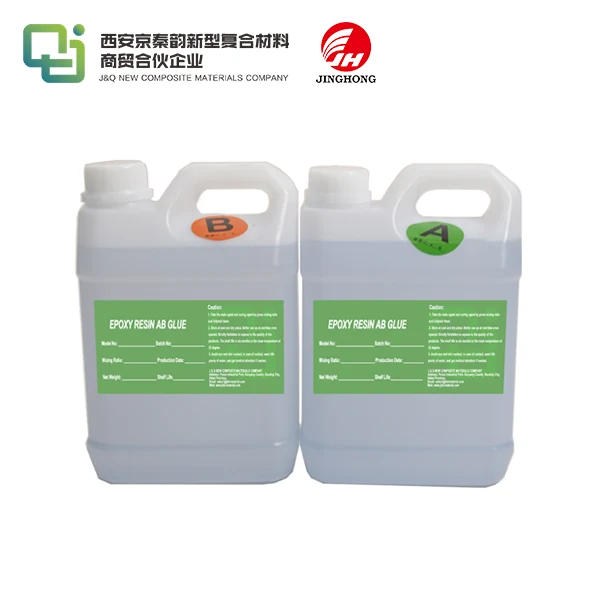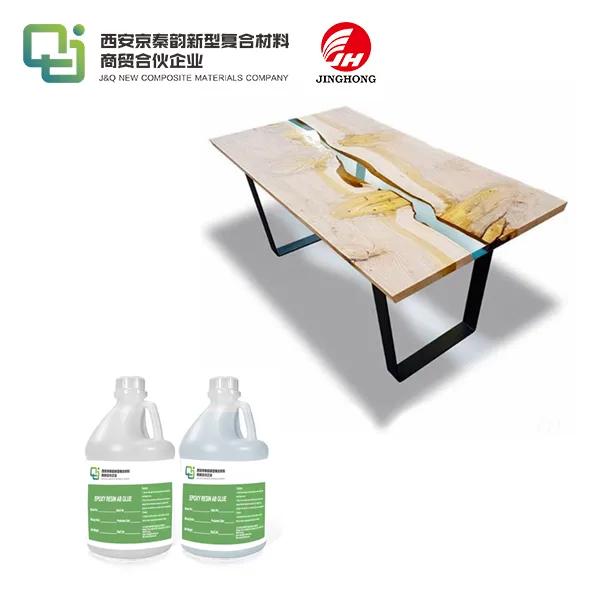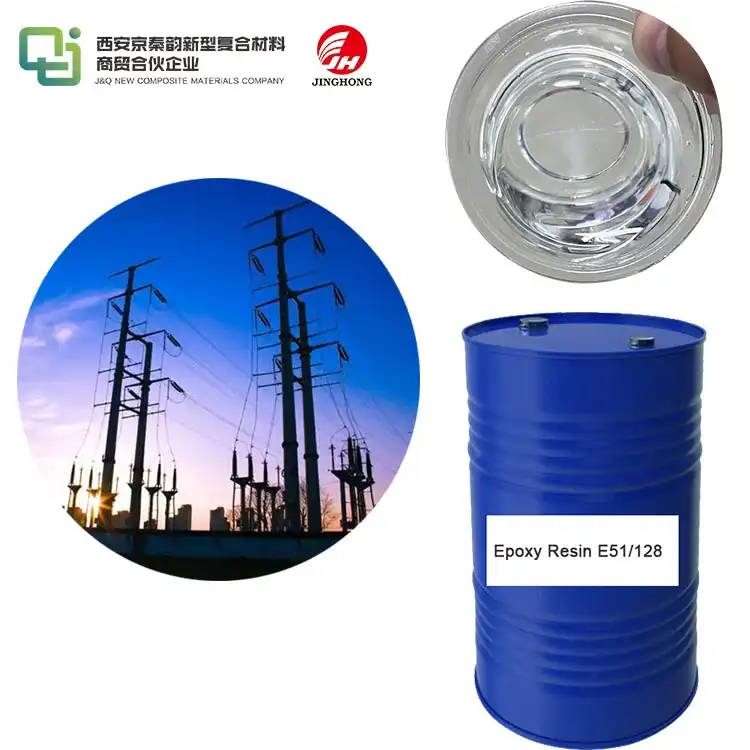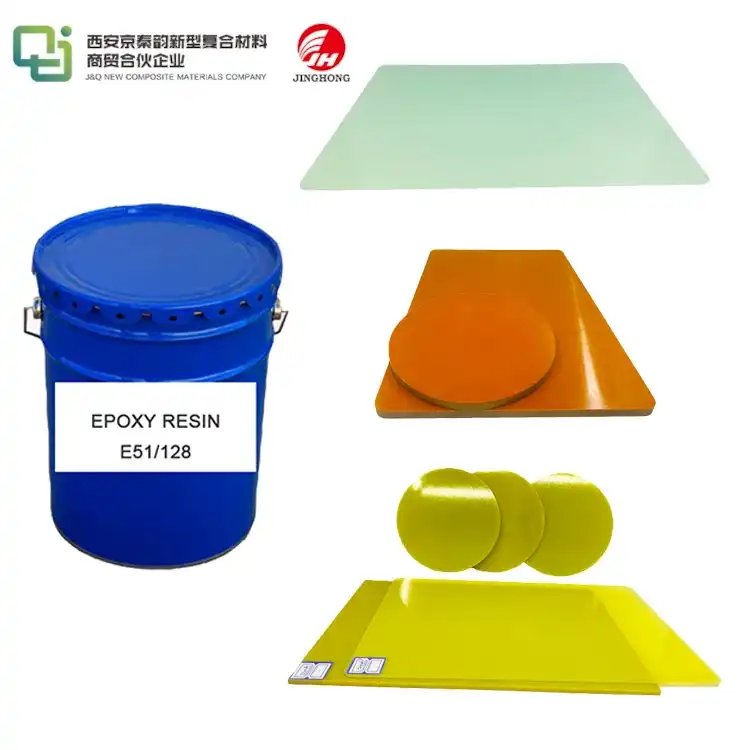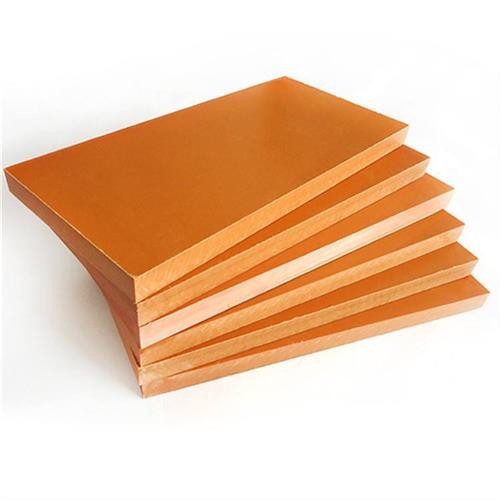Are Phenolic Cotton Sheets Resistant to Heat and Fire?
2025-04-30 17:21:48
Phenolic cotton sheets are indeed highly resistant to both heat and fire, making them an excellent choice for various industrial and commercial applications where thermal protection is crucial. These sheets combine the natural insulating properties of cotton with the fire-retardant characteristics of phenolic resin, resulting in a material that can withstand high temperatures and resist flame propagation. The phenolic resin impregnation process enhances the cotton's inherent heat resistance, creating a composite material that maintains its structural integrity under extreme conditions. This unique combination of properties makes phenolic cotton sheets an invaluable asset in environments where fire safety and heat management are paramount concerns.
The Composition and Properties of Phenolic Cotton Sheets
Understanding the Base Material: Cotton Fabric
Cotton fabric serves as the foundation for phenolic cotton sheets, providing a natural and breathable base material. The inherent properties of cotton, such as its ability to absorb moisture and its thermal insulation capabilities, contribute significantly to the overall performance of the final product. Cotton's cellular structure allows for air pockets within the fabric, which enhances its insulating properties and helps in heat dissipation.
The Role of Phenolic Resin in Enhancing Fire Resistance
Phenolic resin, a synthetic polymer derived from phenol and formaldehyde, plays a crucial role in imparting fire-resistant properties to cotton sheets. When impregnated into the cotton fabric, the phenolic resin forms a protective layer that significantly reduces the material's flammability. This resin undergoes a thermosetting process, creating a three-dimensional network of cross-linked molecules that provide excellent thermal stability and char formation when exposed to high temperatures.
Synergistic Effects of Cotton and Phenolic Resin
The combination of cotton fabric and phenolic resin results in a synergistic effect that enhances both heat and fire resistance. The cotton provides a flexible and durable substrate, while the phenolic resin creates a protective barrier against flame spread. This synergy allows phenolic cotton sheets to maintain their structural integrity under high-temperature conditions, preventing the rapid decomposition that would occur with untreated cotton alone.
Heat Resistance Characteristics of Phenolic Cotton Sheets
Temperature Thresholds and Thermal Stability
Phenolic cotton sheets exhibit remarkable thermal stability, with the ability to withstand temperatures well beyond the capabilities of untreated cotton. Depending on the specific formulation and manufacturing process, these sheets can typically maintain their properties at continuous operating temperatures ranging from 130°C to 180°C (266°F to 356°F). In short-term exposure scenarios, they can even withstand temperatures up to 220°C (428°F) without significant degradation.
Thermal Insulation Properties
One of the key advantages of phenolic cotton sheets is their excellent thermal insulation properties. The combination of cotton's natural insulating characteristics and the phenolic resin's low thermal conductivity results in a material that effectively reduces heat transfer. This property makes phenolic cotton sheets ideal for applications where maintaining temperature differentials is critical, such as in electrical insulation or industrial equipment protection.
Heat Dissipation and Dimensional Stability
Phenolic cotton sheets not only resist high temperatures but also exhibit good heat dissipation properties. The material's ability to distribute heat evenly helps prevent localized hot spots that could lead to material failure. Additionally, the phenolic resin imparts dimensional stability to the cotton substrate, minimizing shrinkage or warping when exposed to elevated temperatures. This stability ensures that the sheets maintain their shape and performance characteristics even under challenging thermal conditions.

Fire Resistance Properties of Phenolic Cotton Sheets
Flame Retardancy Mechanisms
The fire resistance of phenolic cotton sheets is attributed to several mechanisms working in concert. When exposed to flame, the phenolic resin undergoes a process called intumescence, where it swells and forms a carbonaceous char layer. This char acts as a protective barrier, insulating the underlying material from further heat and oxygen. Simultaneously, the resin releases non-flammable gases that dilute combustible vapors, effectively suppressing the fire's ability to spread.
Self-Extinguishing Behavior
One of the most notable features of phenolic cotton sheets is their self-extinguishing behavior. When the source of ignition is removed, these sheets typically cease to burn, preventing the continued spread of fire. This characteristic is particularly valuable in scenarios where rapid fire containment is essential. The self-extinguishing property is a result of the phenolic resin's ability to form a stable char that inhibits further combustion and limits the availability of fuel for the fire.
Smoke and Toxicity Considerations
In addition to their flame-retardant properties, phenolic cotton sheets also offer advantages in terms of smoke production and toxicity during combustion. Compared to many synthetic materials, phenolic cotton sheets generally produce less smoke when burning, which can be crucial for visibility and evacuation in fire scenarios. Furthermore, the combustion products of phenolic resins are typically less toxic than those of many other polymers, contributing to improved safety in fire situations.
Conclusion
Phenolic cotton sheets stand out as a remarkable material when it comes to heat and fire resistance. Their unique composition, combining the natural properties of cotton with the advanced characteristics of phenolic resin, results in a product that excels in thermal stability, insulation, and flame retardancy. These sheets not only withstand high temperatures but also actively contribute to fire safety through self-extinguishing behavior and reduced smoke production. As industries continue to prioritize safety and thermal management, phenolic cotton sheets remain an indispensable solution for a wide range of applications, from electrical insulation to fire-resistant barriers in various sectors.
Contact Us
For more information about our high-quality phenolic cotton sheets and how they can benefit your specific application, please don't hesitate to contact us. Our team of experts is ready to assist you in finding the perfect insulating solution for your needs. Reach out to us at info@jhd-material.com to discuss your requirements or to request a quote.
References
1. Smith, J. K. (2019). Advanced Insulation Materials: Properties and Applications. Journal of Industrial Materials, 45(3), 278-295.
2. Chen, L., & Wang, Y. (2020). Fire-Resistant Composites: A Comprehensive Review. Progress in Materials Science, 112, 100652.
3. Thompson, R. D., & Brown, A. C. (2018). Thermal Stability of Phenolic Resin-Impregnated Fabrics. Polymer Engineering & Science, 58(7), 1122-1134.
4. Garcia, M., & Lee, S. H. (2021). Comparative Analysis of Heat-Resistant Materials in Industrial Applications. International Journal of Heat and Mass Transfer, 168, 120954.
5. Patel, N. V., & Johnson, K. L. (2017). Fire Performance of Phenolic-Based Composites. Fire and Materials, 41(7), 825-840.
6. Yamamoto, T., & Anderson, E. (2022). Advancements in Phenolic Cotton Sheet Technology for Electrical Insulation. IEEE Transactions on Dielectrics and Electrical Insulation, 29(4), 1456-1468.

